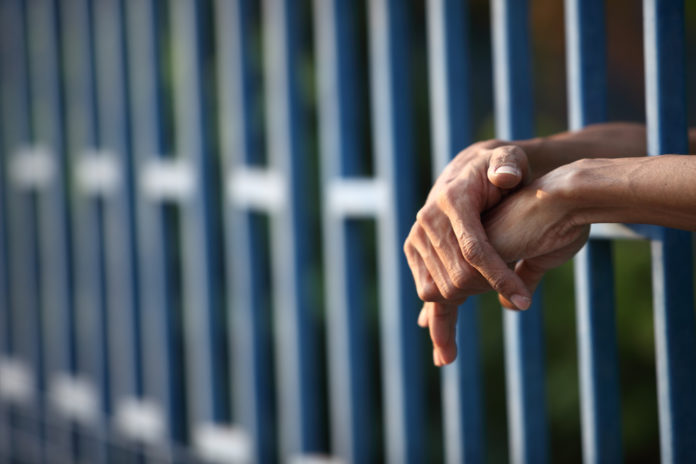A recent report by the Drug Policy Alliance found that there were approximately 500,000 arrests for marijuana in California from 2006-2015.
The report highlighted several controversial issues. Drug Policy Alliance reports that individuals under the age of 18 now up the majority of those arrested for marijuana. Additionally, black and latinos were arrested at significantly higher numbers than whites.
In 2011, California passed a law that made possession of less than 28.5 grams of marijuana punishable by an infraction with a maximum fine of $100 for adults over the age of 18. Adult possession of over 28.5 grams is still a misdemeanor crime in California. Individuals under 18 caught with less than 28.5 face misdemeanor charges punishable by up to 10 days of incarceration and a $250 maximum fine.
Now, 86% of California residents charged with misdemeanor marijuana charges are under the age of 18. This number was approximately 25% before the 2011 law change.
The Drug Policy Alliance report also discussed the racial disparity among those arrested for marijuana in California. Latinos were 35% more likely to be arrested for marijuana than whites. Blacks were four times as likely than whites to be arrested for marijuana possession.
“While many people believe that marijuana is essentially legal in California, data show us that thousands continue to be arrested annually for marijuana activities,” said Jolene Forman, Staff Attorney for the Drug Policy Alliance. “These arrests fall disproportionately on black and Latino Californians. The only way to begin to repair these disparities is to move marijuana into a fully regulated market and to reduce or eliminate criminal prohibitions for minor marijuana activities.”
California residents will vote on Prop 64 in November. If passed, recreational marijuana use will be legalized for adults 21 and over. Some advocates for criminal justice reform want to see recreational marijuana use legalized in California.
“I am hopeful that marijuana legalization, as proposed in Prop. 64, will deal a blow to discriminatory marijuana enforcement in California,” said Alice Huffman, president of the CA-Hawaii NAACP. “Prop. 64 also provides Californians the opportunity to repair decades of marijuana enforcement inequities though its retroactive sentencing and criminal record clearing provisions, along with dedicated community reinvestment funding.”










